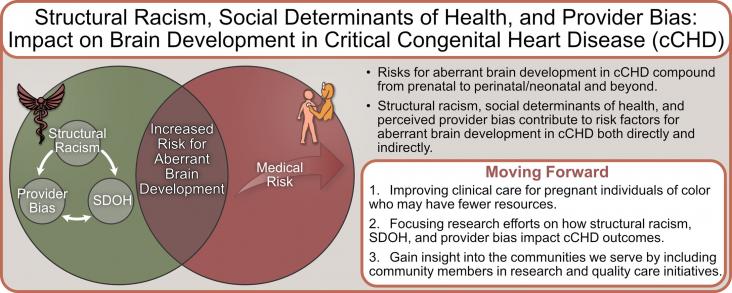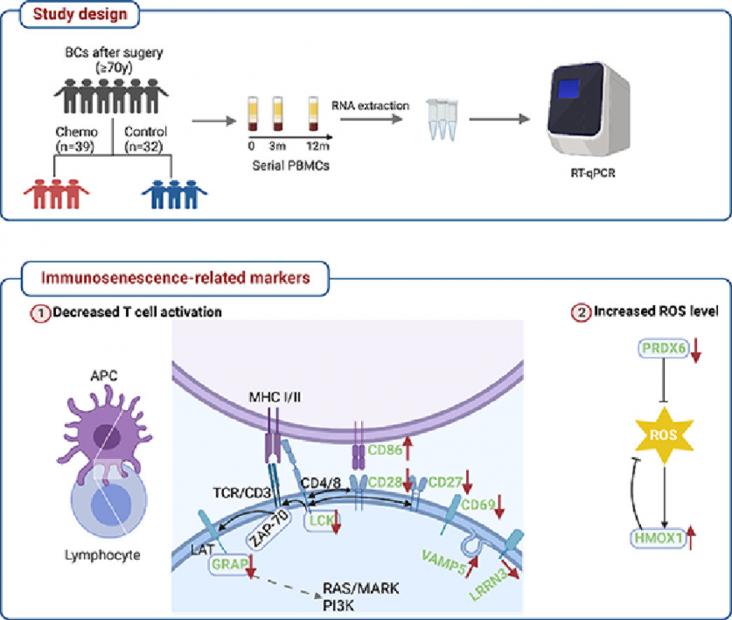This article aligns with the SDG goal 3 of Good health and wellbeing and SDG 10 Reduced inequalities by highlighting the importance of hepatitis C virus testing among high-risk population groups such as people living with HIV and intravenous drug users.
This Article supports SDGs 3 and 10, examining the mortality risk for people aged 25-44 years with disability, and shows that the risk increases with different types and severities of disability and is particiularly associated with mental health problems and motor impairment
This content links with Goal 3: Good health and well-being and Goal 10: Reduced Inequalities by providing insights into progressive supranuclear palsy (PSP), a neurodegenerative disorder pathologically characterized by accumulation of abnormal tau protein in subcortical nuclei neurons forming the neurofibrillary tangles, and in glial cells as tufted astrocytes and oligodendroglial inclusions.
Background: Inequalities undermine efforts to end AIDS by 2030.
Elsevier,
Research Ethics in Behavior Analysis: From Laboratory to Clinic and Classroom, 2023, Pages 63-86
This chapter advances the UN SDG Goal 3: Good Health and Goal 10: Reduced Inequalities by discussing the importance of equity, diversity, inclusion, and accessibility (EDIA) as related to research in applied behavior analysis.

This article explores health disparities based on the intersection of sex, geography, race, and ethnicity that have been identified for poorer pre- and postnatal outcomes in the general population, as well as those with critical congenital heart disease.

To help create awareness and observe the International Day of Persons with Disabilities (IDPD) on 3 December 2022, Elsevier is proud to showcase a special issue of freely available journal articles and book chapters to share.

This Study supports SDGs 3, 5 and 10, investigating the impact of chemotherapy on the immune system of older women with breast cancer.
The Lancet Global Health, available online 11 October 2022, in press.
An Article in support of SDGs 3, 5, and 10, showing that effective cataract surgical coverage varies widely between countries, increases with greater income level, and is higher in men.
This chapter advances the UN SDG Goal 3: Good Health and Goal 10: Reduced Inequalities by outlining the approaches that can be broadly applied to improve health equity and reduce disparities in perioperative care.
